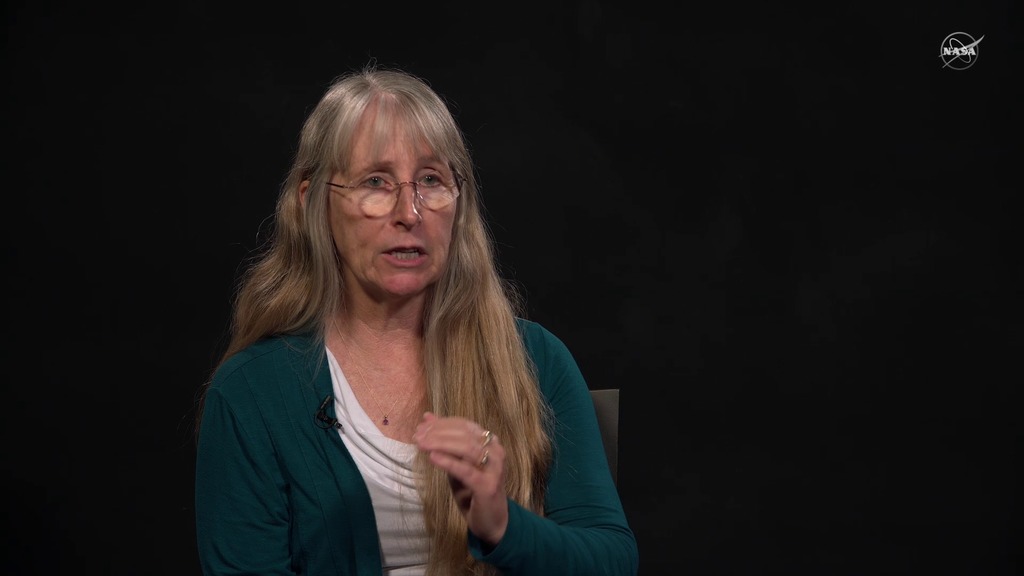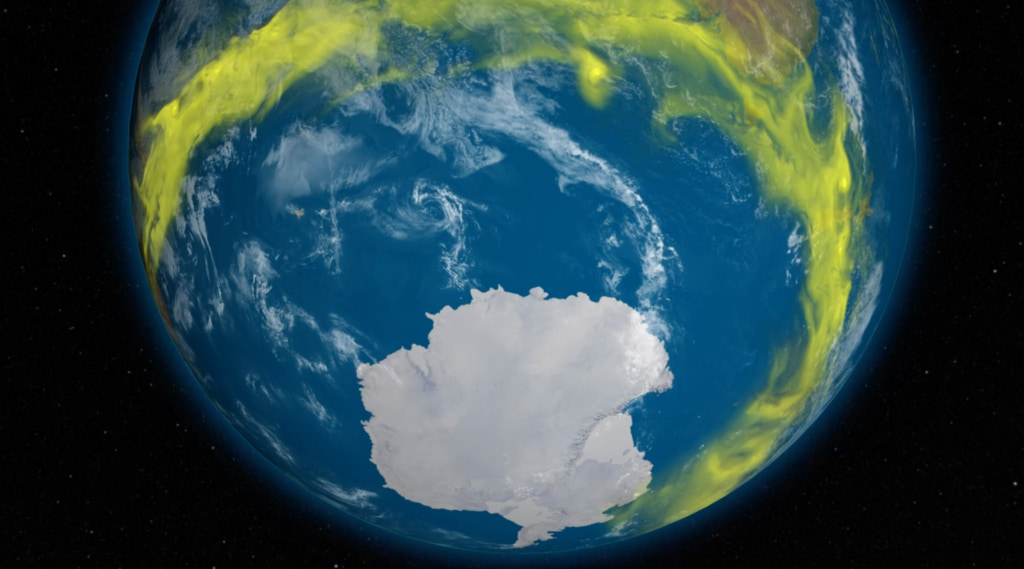NASA Watches 30 Years of Ozone Success
Thirty years ago, the nations of the world agreed to the landmark ‘Montreal Protocol on Substances that Deplete the Ozone Layer.’ The Protocol limited the release of ozone-depleting chlorofluorocarbons (CFCs) into the atmosphere.
Since the 1960s, NASA scientists have worked with NOAA researchers to study the ozone layer, using a combination of satellite, aircraft and balloon measurements of the atmosphere.
Things have been improving in the 30 years since the Montreal Protocol. Thanks to the agreement, the concentration of CFCs in the atmosphere has been decreasing, and the ozone hole maximum has been smaller since a record in 2006.
From the ground and space, NASA science offers a unique perspective of Earth, helping to identify challenges and find solutions to benefit the planet.
Music: Future Generation by Laurent Dury [SACEM]
Credits
Please give credit for this item to:
NASA's Goddard Space Flight Center
-
Producer
- Kathryn Mersmann (USRA)
-
Scientist
- Paul Newman (NASA/GSFC)
Release date
This page was originally published on Saturday, September 16, 2017.
This page was last updated on Wednesday, May 3, 2023 at 1:47 PM EDT.
![Music: Life Choices by Eric Chevalier [SACEM]Complete transcript available.](/vis/a010000/a013300/a013349/Max.png)

